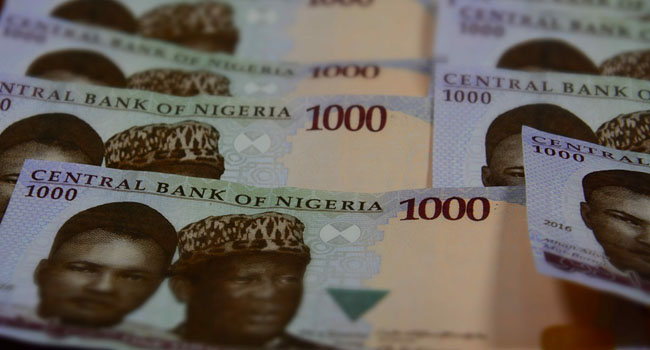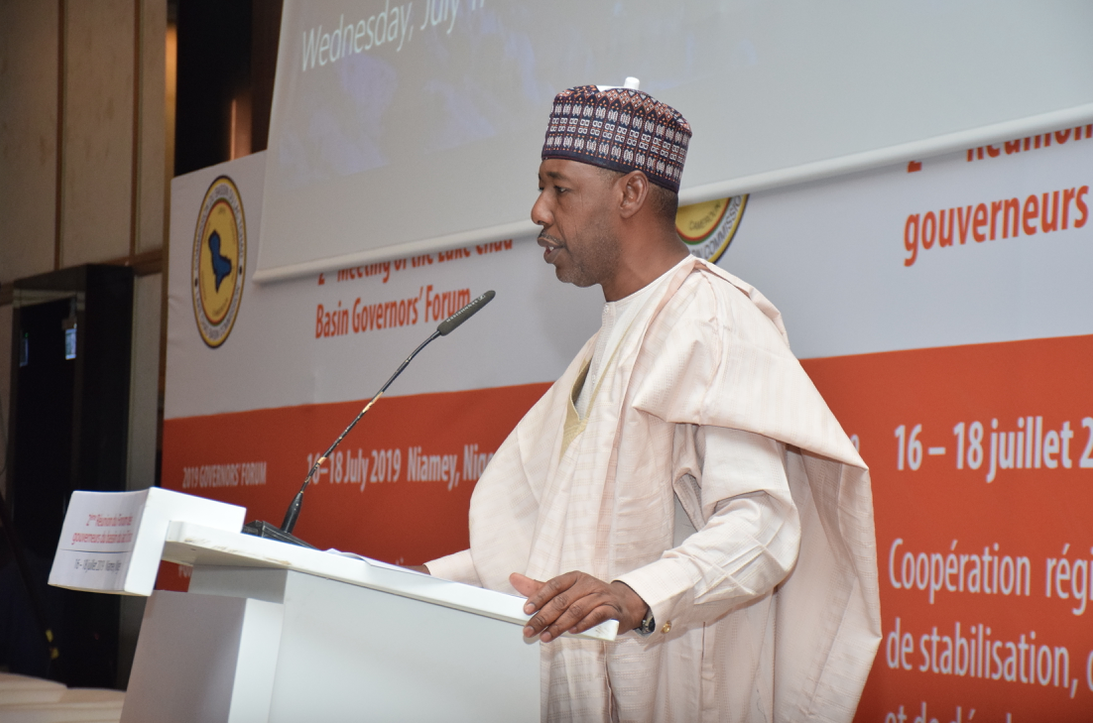The stabilizing economic conditions in Egypt almost three years after allowing its currency to float serves as a clear reminder to Nigeria that Egypt made the right decision.
Today, when comparing the two nations side-by-side Egypt stands tall while Nigeria continues to nurse wounds inflicted from depreciating oil prices.
While inflation in Egypt has slowed to single digits with growth projected to hit 5.5% in 2019, Nigeria’s inflation was 11.2% in June with growth expected to expand by 2.1% according to the International Monetary Fund (IMF).
A free-floating naira will certainly sting the Nigerian economy via capital flight and sharp depreciation in the Naira. This will impact consumers as inflationary pressures skyrockets with naira weakness felt across all four corners of the nation.
Advertisement
However, a free-floating exchange rate removes an element of uncertainty over multiple exchanges, ultimately stimulating foreign direct investment.
Although a free-floating naira could have positive impacts on the Nigerian economy in the long term, the real question is whether the nation is strong enough to weather the initial storm created from runaway inflation and a weaker local currency.
Dollar’s throne under threat as Fed flags interest rate cut
Advertisement
Attraction towards the US Dollar is set to fade during the second half of 2019 as expectations mount over the Federal Reserve cutting interest rates for the first time in more than 10 years.
Persistent US-China trade tensions, concerns over slowing global growth and instances of disappointing economic data from the United States have left the Federal Reserve cautious and ready to make a move.
Lower interest rates in the largest economy in the world is bad news for the Greenback, as foreign investors flock to countries with higher returns.
With the IMF recently stating that the US dollar “was overvalued by 6%-12%”, further pain is in the cards for the currency.
Advertisement
The dollar’s safe-haven status will be challenged during H2, especially if trade tensions impact US economic growth and fuel speculation of more US interest rate cuts by the Federal Reserve.
Oil prices dragged lower by demand concerns
The outlook on global growth and direction of US-China trade talks will heavily influence where oil concludes this year.
Fears over slowing global growth negatively impacting demand for crude oil have put a lid on WTI and Brent prices. Although OPEC+ have agreed to extend production cuts till March 2020, oil markets are more concerned with the demand side of the equation and whether appetite for Oil will improve this year.
Advertisement
For as long as these fears remain present, WTI and Brent as positioned to weaken further in the short to medium term.
There is no place like gold in a low-interest-rate environment
Advertisement
Gold is set to shine with extreme intensity thanks to a weaker dollar, fears revolving around slowing global growth and most importantly lower interest rates across the globe.
The precious metal tends to perform well in a low-interest rates environment, given how it is a zero-yielding asset. Rising expectations over the Federal Reserve cutting interest rates this year should ensure a solid foundation for the precious metal to appreciate.
Advertisement
Gold prices are trading comfortably above $1400 as of writing and are positioned to sprint towards $1450 when the Federal Reserve cuts interest rates for the first time since 2008.
Advertisement
1 comments








Well said. Let leave the rest for CBN.